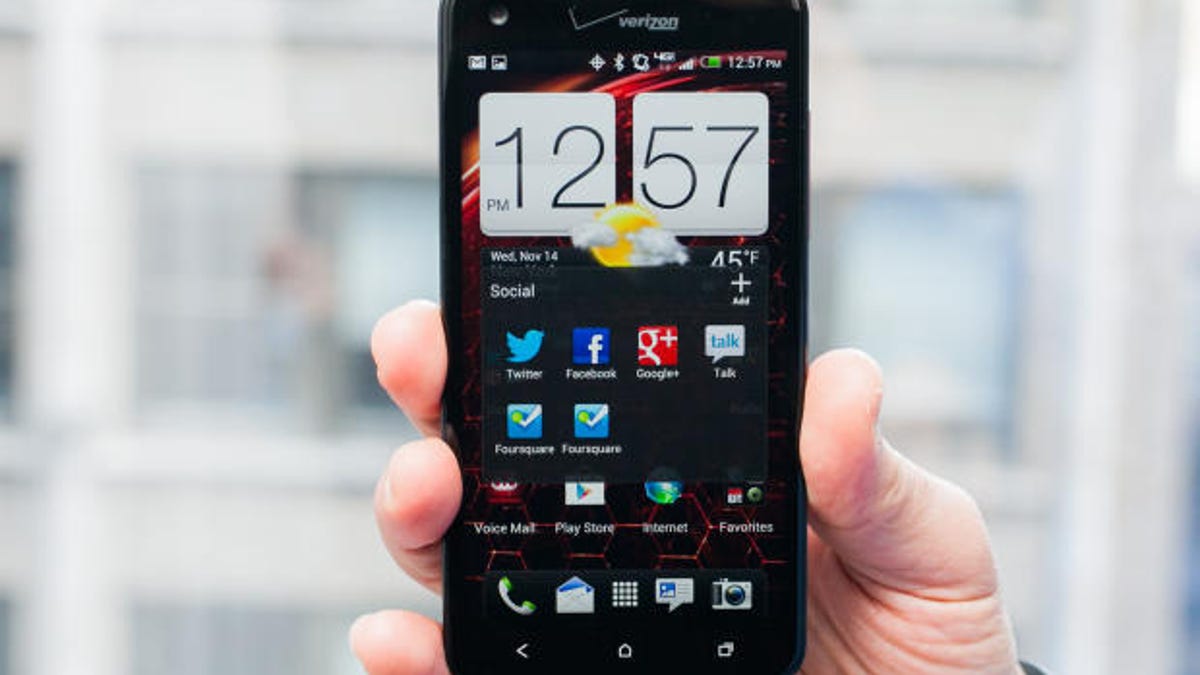HTC nixed WP8 handset over Microsoft's display guidelines -- report
The phone maker reportedly believed that the lower resolution supported by Windows Phone 8 would be a liability on the market.

HTC decided against launching a Windows Phone 8 handset it had planned because of Microsoft's restrictions on display resolution, a new report claims.
HTC was ready to get working on a large-screen Windows Phone 8 device, but believed that Microsoft's limit on screen display resolutions of 1,280x720 and 1,280x768 would have made its handset look less appealing compared with Android alternatives, Bloomberg is reporting today, citing people with knowledge of HTC's thinking.
Google's Android platform has no such restrictions on display quality. In fact, the Droid DNA that HTC released recently comes with a 1,920x1,080 display, delivering vastly superior visuals to the 720p model it would have been forced to offer with Windows Phone.
The smartphone market has become increasingly crowded, leaving HTC -- which has been struggling to gain some ground on leaders Apple and Samsung -- to try to find ways to turn the situation around. The company has asserted that Windows Phone 8 is a key component in its strategy, but according to Bloomberg's sources, the Windows Phone 8 resolution issue will preclude HTC from launching handsets that come with screens coming close to, or hitting, the 5-inch mark. It will, however, continue to offer smaller Windows Phone 8 devices.
In an interview with CNET in September, HTC's Jason McKenzie, who heads up the company's sales and marketing division, said that he felt "very good about the partnership with Microsoft [on Windows Phone]" and added that his company was "expecting big things."
During that same interview, he made clear that HTC also wants to focus on delivering handsets that have clear feature advantages over those of competitors. The screen size issue might have flown in the face of that desire.
CNET has contacted HTC for comment on the Bloomberg report. We will update this story when we have more information.

